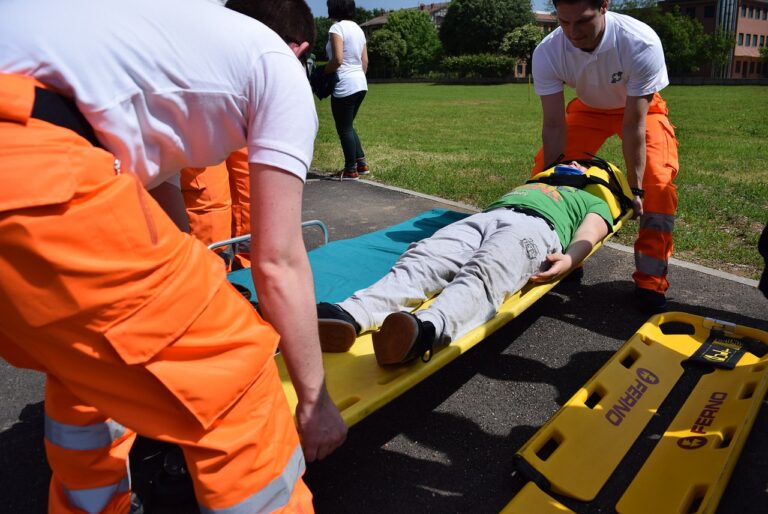Book Appointment Now

Madeleine Leininger’s Culture Care Theory
Madeleine Leininger’s Culture Care Theory emphasizes the importance of understanding cultural diversity in providing effective nursing care. Recognizing that cultural beliefs, values, and practices influence health and healing, this theory provides a framework for nurses to deliver culturally sensitive and patient-centered care. By integrating cultural competence and holistic nursing, Leininger’s theory addresses the global need for transcultural care. This article explores the theory’s core concepts, principles, and applications in diverse nursing contexts.
Get a custom paper help about Madeleine Leininger’s culture care theory
Order Custom Nursing Paper
Core Concepts of Madeleine Leininger’s Culture Care Theory
Leininger’s theory highlights the inseparability of culture and health, introducing foundational concepts to guide culturally congruent care.
1. Culture Care
Culture care refers to the practices, beliefs, and values that influence an individual’s health and well-being. These are deeply rooted in a person’s cultural background and significantly impact their perceptions of illness, healing, and healthcare.
- Example: In some cultures, traditional herbal remedies are preferred over pharmaceutical drugs. Nurses must consider these preferences while planning care.
2. Cultural Competence
Cultural competence is the nurse’s ability to understand, respect, and integrate a patient’s cultural perspectives into their care. This involves cultural awareness, knowledge, and sensitivity.
- Example: A nurse providing dietary advice to a Muslim patient might consider religious dietary restrictions, such as avoiding pork or alcohol.
3. Transcultural Nursing
This is a field dedicated to studying and applying culturally informed care practices. Leininger introduced transcultural nursing to bridge the gap between cultural diversity and healthcare delivery.
- Example: A nurse working in a multicultural urban hospital might tailor communication styles to respect cultural preferences for eye contact or personal space.
4. The Sunrise Model
The Sunrise Model is a visual representation of Leininger’s theory, showing how cultural and environmental factors influence care. These include:
- Technological Factors: Access to modern healthcare technology.
- Religious and Philosophical Factors: Spiritual beliefs and worldviews.
- Kinship and Social Factors: Family dynamics and support systems.
- Political and Legal Factors: Healthcare policies and laws.
- Economic Factors: Financial resources and socioeconomic status.
- Educational Factors: Literacy levels and access to health education.
Principles of Madeleine Leininger’s Culture Care Theory
- Cultural Preservation/Retention: Supporting and maintaining beneficial cultural practices.
- Example: Encouraging a breastfeeding mother to continue using traditional foods that support lactation.
- Cultural Accommodation/Negotiation: Adapting care to align with cultural practices when possible.
- Example: Allowing family members to remain present during hospital procedures in cultures where family involvement is vital.
- Cultural Repatterning/Restructuring: Helping patients modify harmful practices while respecting their culture.
- Example: Advising patients on safe alternatives to high-sugar traditional desserts to manage diabetes.
Applications of Leininger’s Culture Care Theory in Nursing Practice
1. Enhancing Patient-Provider Communication
Leininger’s theory underscores the importance of culturally tailored communication, ensuring patients feel understood and respected.
- Example: A nurse using a professional interpreter to communicate with a non-English-speaking patient ensures accurate and respectful dialogue.
2. Delivering Holistic Care
By recognizing cultural influences, nurses provide holistic care that addresses physical, emotional, and cultural needs.
- Example: A nurse attending to an elderly Hindu patient may respect their preference for a vegetarian diet and arrange suitable meals.
3. Building Trust in Multicultural Settings
Culturally sensitive care fosters trust, especially in diverse healthcare environments.
- Example: Understanding and respecting a patient’s cultural preference for natural remedies alongside conventional treatments builds rapport.
4. Supporting End-of-Life Care
Leininger’s theory helps nurses navigate culturally specific practices around death and dying, ensuring dignity and respect.
- Example: A nurse caring for a Buddhist patient might ensure a calm environment for prayer and meditation during their final moments.
Benefits of Madeleine Leininger’s Culture Care Theory
| Benefit | Explanation |
|---|---|
| Improved Patient Outcomes | Tailored care enhances patient satisfaction and adherence to treatment. |
| Cultural Awareness | Educates nurses about diverse cultural practices and beliefs. |
| Global Relevance | Applicable in multicultural and global healthcare settings. |
| Holistic Care Approach | Recognizes the interconnection between culture, health, and the environment. |
Critiques of Leininger’s Culture Care Theory
Despite its widespread adoption, Leininger’s theory faces several critiques:
- Time-Consuming: Conducting comprehensive cultural assessments may be challenging in fast-paced clinical environments.
- Complexity: Understanding and integrating diverse cultural practices requires extensive training and resources.
- Ethical Dilemmas: Balancing respect for cultural practices with evidence-based care can present ethical challenges.
Madeleine Leininger’s Culture Care Theory provides an essential framework for addressing cultural diversity in nursing practice. By focusing on cultural competence and transcultural nursing, the theory empowers nurses to deliver care that respects patients’ beliefs, values, and traditions. In an increasingly interconnected world, Leininger’s insights remain vital for fostering understanding and delivering holistic, patient-centered care.
Call to Action:
Ready to elevate your nursing practice? Explore Madeleine Leininger’s Culture Care Theory to deliver culturally sensitive and compassionate care across diverse patient populations!
Also read: Using Leininger’s Culture Care Model Case Studies Assignment




